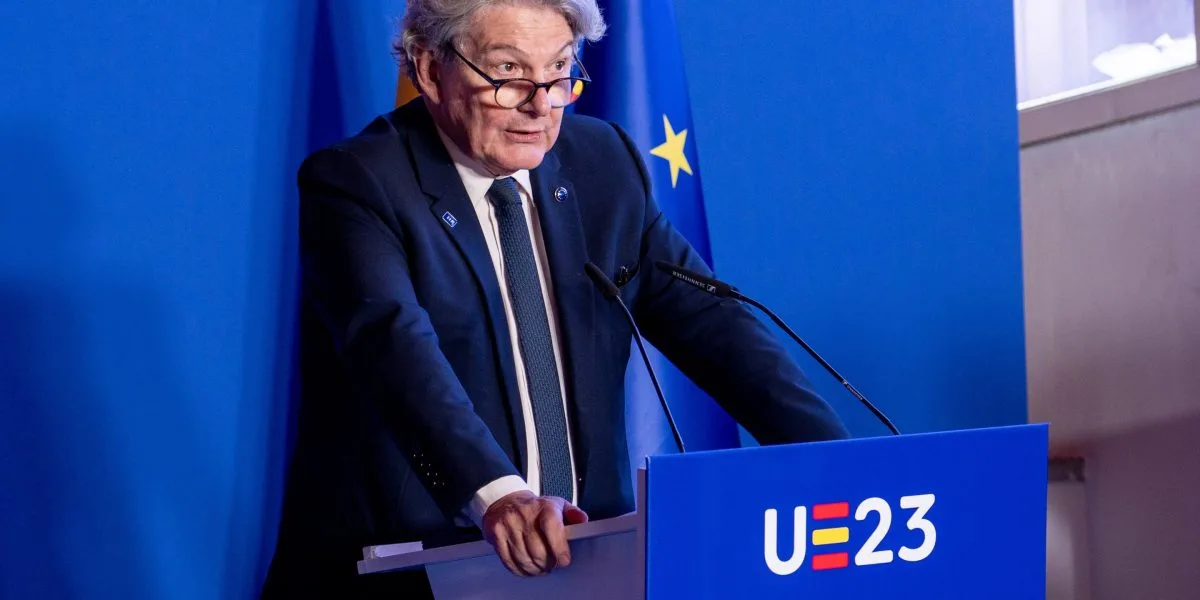EU Reaches Landmark Deal on Regulation of Artificial Intelligence
The European Union has reached a hard-fought deal on what is poised to become the most comprehensive regulation of artificial intelligence in the western world. With the deal, the EU aims to strike a balance between fostering innovation and protecting the rights of individuals and companies.
The negotiations took more than 33 hours this week, involving delegates from the European Commission, the European Parliament, and 27 member countries. The agreed-upon controls focus on generative artificial intelligence tools, such as ChatGPT by OpenAI and Bard by Google, that can produce content on command.
To address concerns about privacy and rights, the deal allows for live scanning of faces but with safeguards and exemptions. It also prohibits biometric scanning that categorizes individuals based on sensitive characteristics such as political or religious beliefs, sexual orientation, or race.
The draft legislation still needs formal approval from EU member states and the parliament. However, this marks a critical step towards landmark AI policy. The EU is leading in the regulation of AI in the absence of significant action from the US Congress.
The Controversial Debate Over AI Regulation
The negotiation process was challenging, highlighting the contentious nature of the discussion around regulating AI. World leaders and technology executives have been divided on the issue, while generative AI tools continue to gain popularity. The EU, like the US and UK, has struggled to find the right balance between supporting local AI startups and addressing potential societal risks.
A number of details still need to be worked out, but the deal includes placing rules around generative AI, with transparency requirements for developers of large language models. Developers that pose a systemic risk will need to sign a voluntary code of conduct to mitigate risks.
The most contentious point of the negotiations revolved around limiting the use of live biometric identification tools. The parliament initially voted for a complete ban, while EU countries pushed for exemptions related to national security and law enforcement. Ultimately, the agreement includes restrictions on the use of such technology in public spaces, with additional safeguards.







